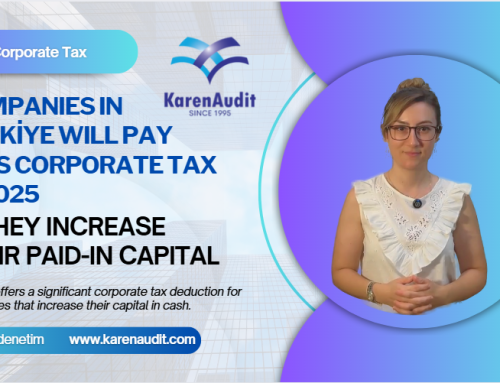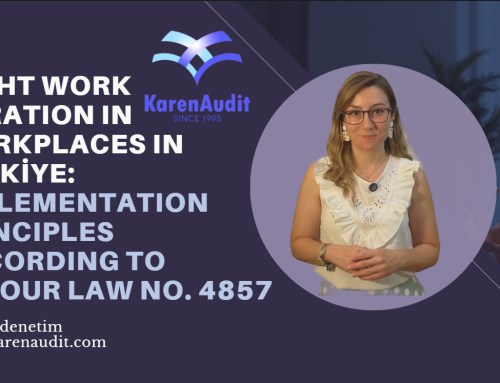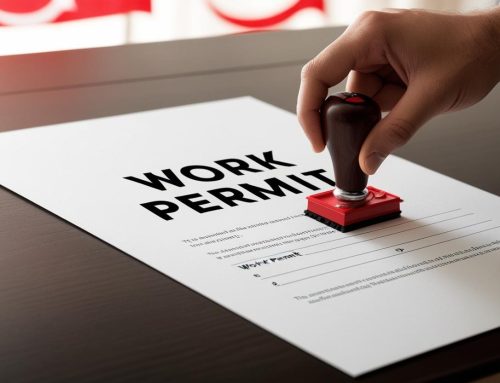In July 2024, the business climate in the building construction has darkened again Monthly survey of building in France – July 2024
According to the business managers surveyed in July 2024, the business climate in building construction has darkened again. At 99, the synthetic indicator has lost one point, dropping below its long term average (100) for the first time since July 2020. All balances constituting the climate have dropped.
According to the business managers surveyed in July 2024, the business climate in building construction has darkened again. At 99, the synthetic indicator has lost one point, dropping below its long term average (100) for the first time since July 2020. All balances constituting the climate have dropped.
Opinions on the activity have clearly degraded again
In July 2024, building construction managers’ opinions regarding both their expected and past activity have clearly deteriorated again: the associated balances of opinion stand now well below their long term average and have reached unobserved levels since receptively November and August 2020.
Building manager’s balance of opinion regarding their expected activity has degraded in both the maintenance and improvement sector and the new dwelling sector. The associated balances of opinion have moved away from their respective long term average.
Economic uncertainty felt by construction managers has slightly risen.
The quarterly balance of opinion on the general prospects of the sector has kept on dropping since January 2022 and is now standing well below his long term average.
The opinion on the level of the order books has deteriorated
In July 2024, the balance of opinion regarding the level of building construction managers’ order books has clearly decreased, dropping back below its long term average.
Given their staff size, building contractors have estimated that their order books provide them with 8.1 months of work, a duration that remains almost stable.
Tensions on the production apparatus have eased slightly
In July 2024, 42% of companies have reported to be at the limit of their production capacity (production bottlenecks), that is to say that they would not be able to produce more with their current means even if they were to receive more orders. This share, slightly decreasing, stands clearly above its long term average (34%). 19% of business managers considered themselves unable to increase their production in case of additional orders due to workforce shortage; a proportion that remains stable over the past month and above its long term average.
Less business managers than in the previous month have reported facing obstacles limiting their production. At 60%, this share has dropped, moving away from its long term average. 31% of companies have declared to be facing an insufficient demand; a share that is virtually stable at its long term average. At 33%, the proportion of business managers who declared facing a workforce shortage has kept on dropping but remains above its long term average.
The production capacity utilisation rate has dropped: it stands at 90.2%, above its long term average (89.0%).
The share of companies that reported facing recruiting difficulties has slightly decreased again in July compared to the previous quarter but still stands above its long term average.
The balance of opinion on the expected prices has pursued its drop
In July 2024, the balance of opinion on the expected prices has pursued its drop but remains above its long term average.
The quarterly balance of opinion on cash flow position has dropped and has reached back its long term average.
The opinion on the expected workforce size has deteriorated slightly
In July 2024, business managers’ opinion regarding their expected workforce size has deteriorated slightly. The opinion regarding their past workforce size remains stable. These two balances stand slightly above their long term average.
Source: INSEE
Legal Notice: The information in this article is intended for information purposes only. It is not intended for professional information purposes specific to a person or an institution. Every institution has different requirements because of its own circumstances even though they bear a resemblance to each other. Consequently, it is your interest to consult on an expert before taking a decision based on information stated in this article and putting into practice. Neither Karen Audit nor related person or institutions are not responsible for any damages or losses that might occur in consequence of the use of the information in this article by private or formal, real or legal person and institutions.






